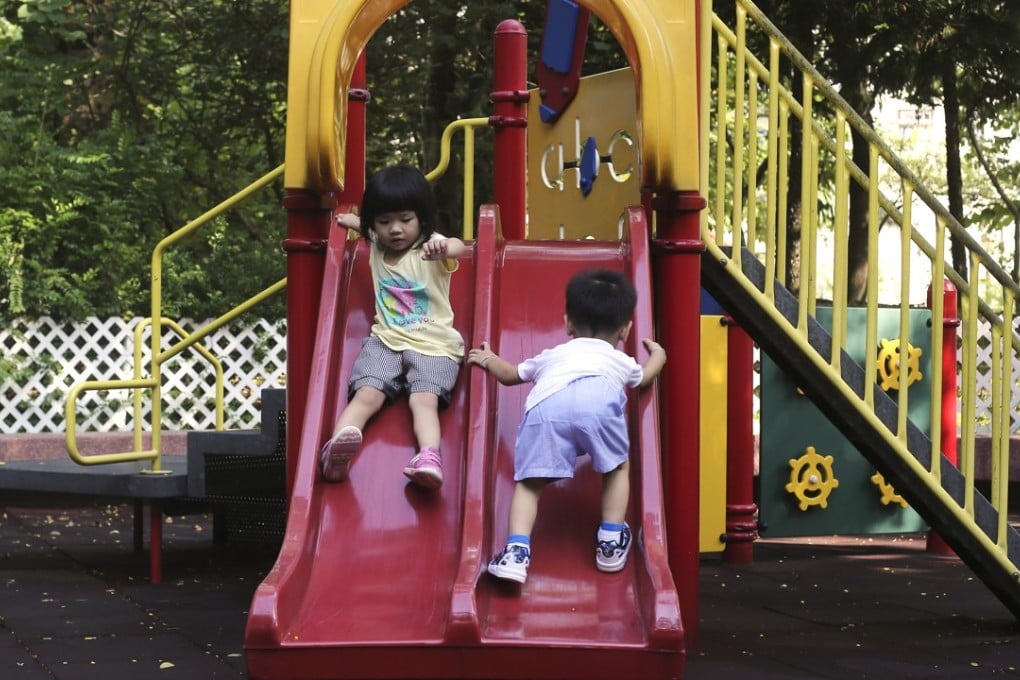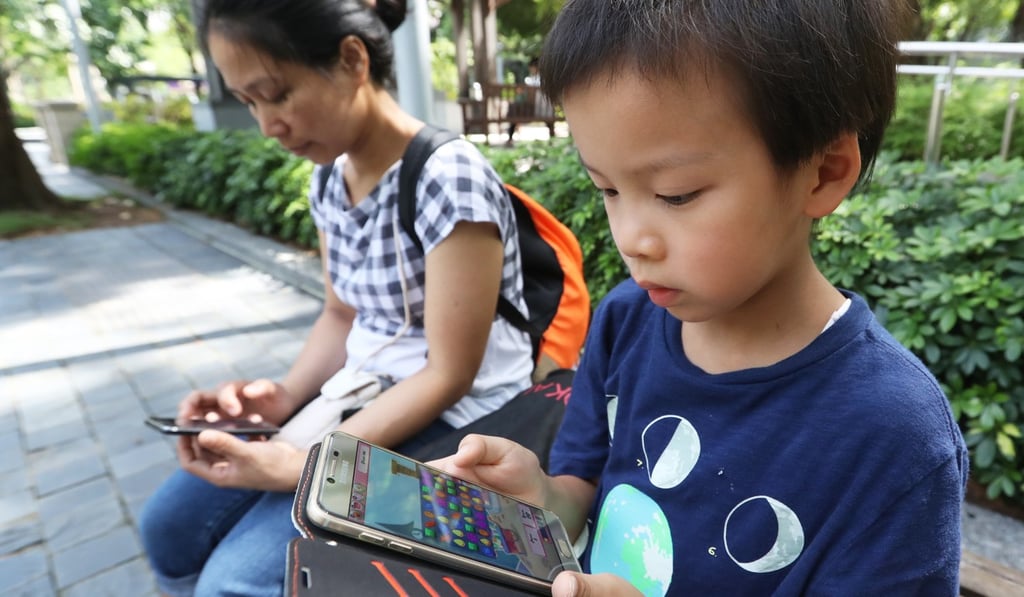Unicef finds Hong Kong parents value free play for their children (but don’t really know what it is)
Extracurricular classes don’t count, according to UN fund, and neither do computer games

Almost all Hong Kong parents believe free play is important for young children, but an overwhelming majority do not properly understand the concept, according to a survey by Unicef.
Releasing the findings on Sunday, Jane Lau Yuk-yin, chief executive of Unicef’s Hong Kong committee, said that the group conducted an online survey last month on Hong Kong parents’ knowledge on free play for children.
Of 1,029 parents polled, 98 per cent said they believed free play is critical to early childhood development, and 99 per cent claimed their children had free play time. But Unicef – a fund for children which works under the UN – said researchers found 84 per cent of them misunderstood what free play was.

Dr Maggie Koong May-kay, chief principal of Causeway Bay Victoria Kindergarten and International Nursery, said a lot of parents wrongly think extracurricular activities – such as learning cycling and practising football – count as playing. But because youngsters do not guide themselves through such activities, she said, they are not free play.
“A lot of parents have the mindset that they are letting their children play through these activities, but the children have to listen and follow the instructors during these sessions,” she said.
A lot of parents have the mindset that they are letting their children play through these activities, but the children have to listen and follow the instructors during these sessions
Among the 99 per cent of respondents who said their children got free play time, 56 per cent said that usually involved electronic devices, such as computer games and television. And Lau said that did not count as free play either, as it mainly involves children responding to instructions.